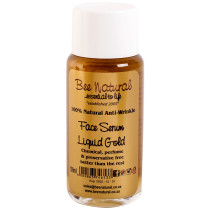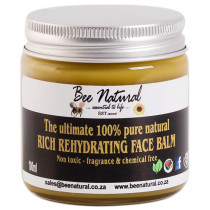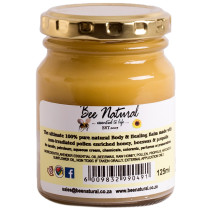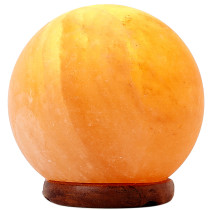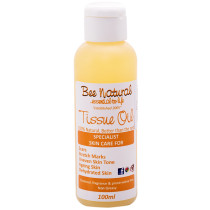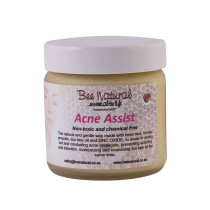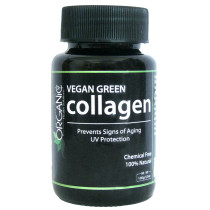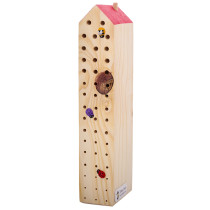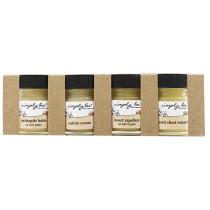Pollen
plant seed microspores
Pollen
Other Name(s):
Bee Pollen

Pollen is gathered from flowers by honey bees.
Is Pollen Faithful to Nature?
Yes.
Pollen is a natural ingredient with a long history of traditional use. Supporting beekeepers helps to support bees who are responsible for pollinating approximately one third of all food produced globally. It should however be avoided by those with an identified Pollen allergy.
Benefits: Why is Pollen Used?
Protects Collagen
Pollen may contain kaempferol which inhibits the breakdown of collagen in the skin.
Potent Antioxidant
Pollen includes a variety of strong antioxidant agents such as quercetin, carotenoids, kaempferol, flavonoids and glutathione.
Powerful Anti-Inflammaroty
Pollen has powerful anti-inflammatory properties that can protect and body and the skin.
Antimicrobial
Pollen has antimicrobial and antibacterial properies and can thus aid in wound healing and the prevention of infections.
Pollen is found naturally in other products of the hive like beeswax, and honey. Products containing either of these ingredients (such as balms, moisturisers, snacks and so on) will contain Pollen in varying amounts. At time of writing, Pollen has yet to see much adoption as use in cosmetic or skincare formulations.
Pollen is harvested from honey bees by attaching pollen traps to the entrances of bee hives. These pollen traps are simply mesh grids with holes large enough for the bees to comfortably move through. The grid removes some, but not all, of the pollen from the legs of the bees and can be collected safely by trained beekeepers.
Pollen is a complex, natural ingredient comprising various protein, lipids, carbohydrates, vitamins, minerals and phenolic compounds.
Notice: The information provided here is not intended as medical advice and is for educational purposes only.

